Innovative Uses of Diammonium Hydrogen Phosphate in Modern Farming Techniques
As agriculture evolves to meet growing global demands, farmers are adopting innovative techniques that improve crop yields while promoting sustainability. One key fertilizer transforming modern farming is Diammonium Hydrogen Phosphate (DAP), a versatile compound known for its high phosphorus and nitrogen content. With its applications extending beyond traditional fertilization, DAP is helping farmers optimize plant nutrition, enhance soil health, and adopt precision farming practices.
Understanding Diammonium Hydrogen Phosphate (DAP)
Diammonium hydrogen phosphate (DAP) is a water-soluble fertilizer containing two essential nutrients:
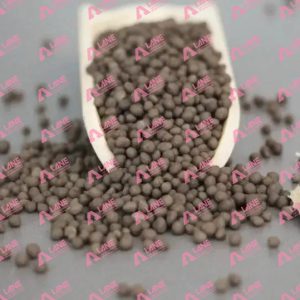
- Nitrogen (N): Critical for plant growth, nitrogen promotes the development of leaves and stems, contributing to healthy foliage.
- Phosphorus (P): Vital for root growth, flowering, and fruiting, phosphorus also plays a crucial role in energy transfer and photosynthesis.
DAP provides these nutrients in an easily absorbable form, making it a popular choice for crops at different growth stages. Its balanced nutrient profile ensures rapid nutrient uptake while supporting sustainable soil management practices.
Traditional and Emerging Uses of DAP in Farming
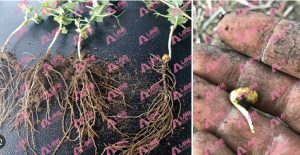
While DAP has long been used as a general-purpose fertilizer, modern farming techniques have unlocked new ways to apply this compound for enhanced agricultural performance.
a. Seed Treatment and Root Development
Farmers are increasingly using DAP for seed treatment to promote early root establishment. The phosphorus in Diammonium Hydrogen Phosphate supports the development of strong root systems, improving nutrient absorption from the soil.
In addition to direct soil application, DAP is also used as a starter fertilizer, applied near seeds during planting. This technique ensures that seedlings receive an immediate nutrient boost, resulting in healthier and more resilient crops.
b. Foliar Application for Targeted Nutrition
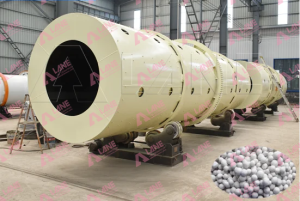
In innovative farming, DAP is often used in foliar sprays, where nutrients are applied directly to plant leaves. This method allows for rapid absorption of nitrogen and phosphorus, especially during critical growth phases, such as flowering or fruiting. Foliar feeding ensures that plants receive the nutrients they need, even when soil conditions limit nutrient availability.
c. Fertigation for Precision Agriculture
Modern farms are increasingly adopting fertigation systems, where fertilizers like DAP are delivered through irrigation systems. Fertigation offers precise control over nutrient delivery, minimizing waste and improving efficiency. DAP’s solubility makes it ideal for fertigation, ensuring that plants receive nutrients in the right quantities at the right time.
Enhancing Soil Health with DAP Applications
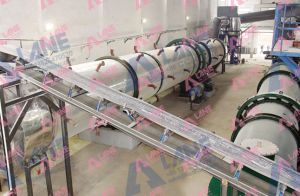
In addition to providing essential nutrients, diammonium hydrogen phosphate plays an essential role in improving soil quality and fertility. Farmers have found that DAP can help restore nutrient-depleted soils and promote long-term agricultural sustainability.
a. Balancing Soil pH Levels
One lesser-known benefit of DAP is its ability to buffer acidic soils. The nitrogen content in DAP comes from ammonia, which can help neutralize soil acidity, creating a more favorable environment for crops. By balancing soil pH, DAP promotes nutrient availability and improves soil health.
b. Reducing Soil Erosion
Soil erosion is a significant challenge in agriculture, especially in areas with heavy rainfall or improper land management. DAP’s phosphorus content strengthens root systems, stabilizing the soil and preventing erosion. Healthier roots also improve soil structure, increasing water retention and preventing runoff.
Innovative DAP-Based Solutions for Crop Protection
Beyond fertilization, diammonium hydrogen phosphate has found new applications in crop protection strategies. Some modern farming systems are leveraging Diammonium Hydrogen Phosphate to enhance plant resistance to pests and environmental stressors.
a. Pest Control Solutions
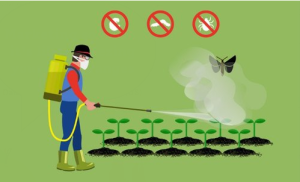
DAP-based formulations are being explored as natural pest deterrents. Farmers use diluted DAP solutions as a spray to protect crops from pests like aphids and caterpillars. Unlike synthetic pesticides, DAP-based pest control methods are eco-friendly and minimize chemical residues on crops.
b. Climate Resilience for Crops
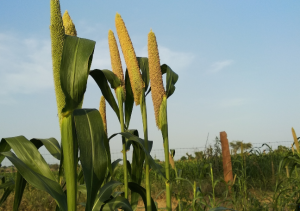
Farmers are also turning to DAP to improve crop resilience in the face of unpredictable weather patterns. Phosphorus promotes deeper root systems, helping plants access water during droughts. Nitrogen enhances vegetative growth, enabling plants to recover quickly from environmental stress.
Environmental Benefits of Using DAP in Sustainable Farming
Sustainability is becoming a cornerstone of modern agriculture, and diammonium hydrogen phosphate supports this shift in several ways. Here are some ways DAP aligns with sustainable farming practices:
a. Reduced Fertilizer Waste through Precision Application
When integrated into precision agriculture, DAP helps farmers apply fertilizers more efficiently, reducing nutrient runoff into water bodies. Fertigation and foliar feeding minimize fertilizer waste, ensuring that nutrients remain where they are needed—within the crop root zone.
b. Supporting Organic Transition with Biofertilizers
Farmers transitioning to organic systems can use DAP in combination with biofertilizers. Blending DAP with organic matter or microbial inoculants enhances soil fertility and boosts microbial activity, promoting healthier soil ecosystems.
Economic Benefits for Farmers Using DAP
The versatility of DAP in multiple farming applications translates into significant economic advantages for farmers:
a. Cost-Effective Fertilization
DAP is a highly concentrated fertilizer, meaning smaller quantities are required to meet crop nutrient needs. This makes it an affordable solution for farmers, especially when compared to other complex fertilizers.
b. Improved Yields and Profitability
By promoting stronger root development, better nutrient uptake, and healthier crop growth, DAP helps farmers achieve higher yields. Increased productivity leads to greater profitability, making DAP a valuable investment for both small-scale and large-scale farms.
Challenges and Solutions in Using DAP
While DAP offers many benefits, there are some challenges associated with its use. For instance, overapplication can lead to nutrient imbalances or water contamination. However, these challenges can be addressed through proper management techniques.
a. Soil Testing for Nutrient Management
Farmers are encouraged to conduct regular soil tests to monitor nutrient levels and pH. This helps determine the appropriate amount of DAP needed, preventing overuse and optimizing fertilization practices.
b. Blending with Other Fertilizers for Balance
In some cases, DAP may need to be supplemented with potassium or other micronutrients to create a balanced fertilizer program. Customized fertilizer blends ensure that crops receive all the nutrients they require for optimal growth.
Conclusion
As modern farming continues to evolve, Diammonium Hydrogen Phosphate remains an essential tool for enhancing agricultural productivity. Its versatility—ranging from seed treatment to foliar sprays and fertigation—makes it a valuable asset for farmers. With its ability to improve crop quality, support soil health, and promote sustainable farming practices, DAP is revolutionizing agriculture.
By leveraging innovative Diammonium Hydrogen Phosphate-based techniques, farmers can achieve higher yields, reduce environmental impact, and enhance long-term profitability. As the global demand for food grows, the role of DAP in modern farming will only become more critical, shaping the future of agriculture one crop at a time.



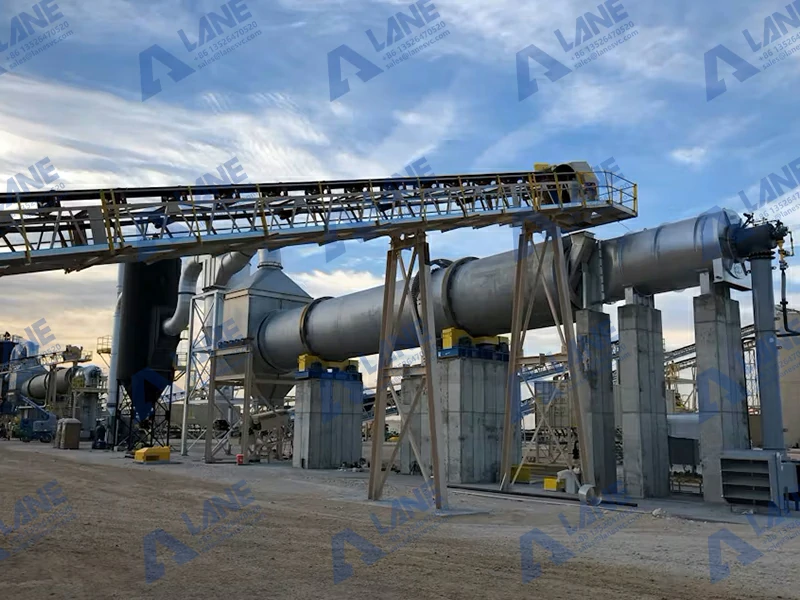
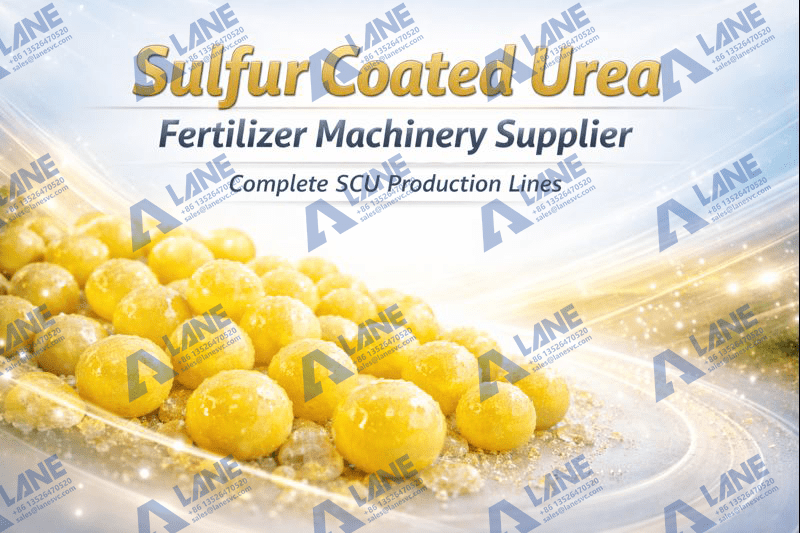
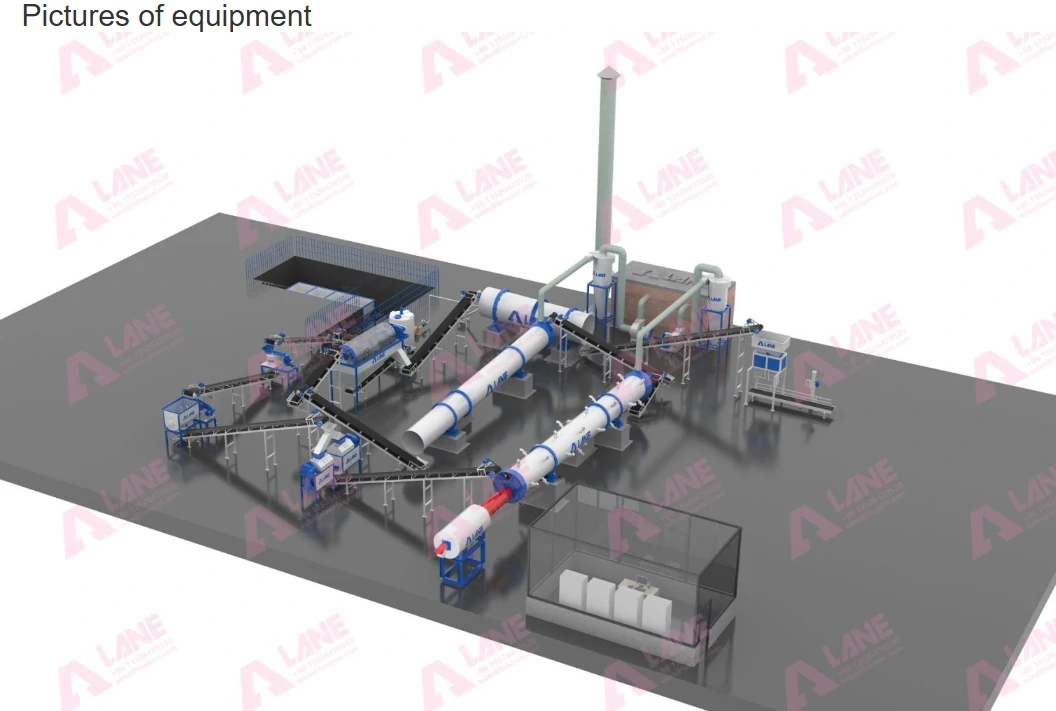
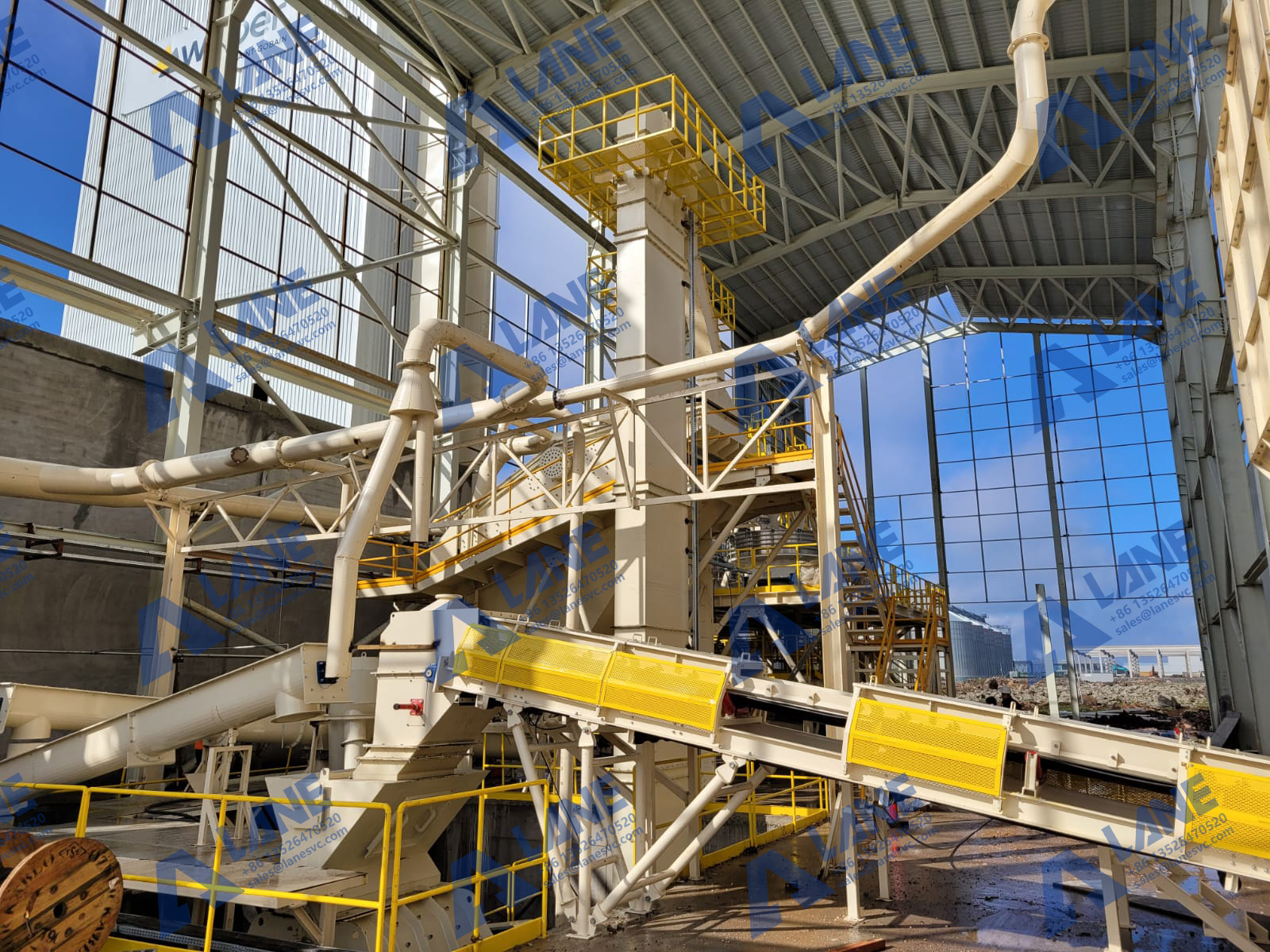
Send a message to us